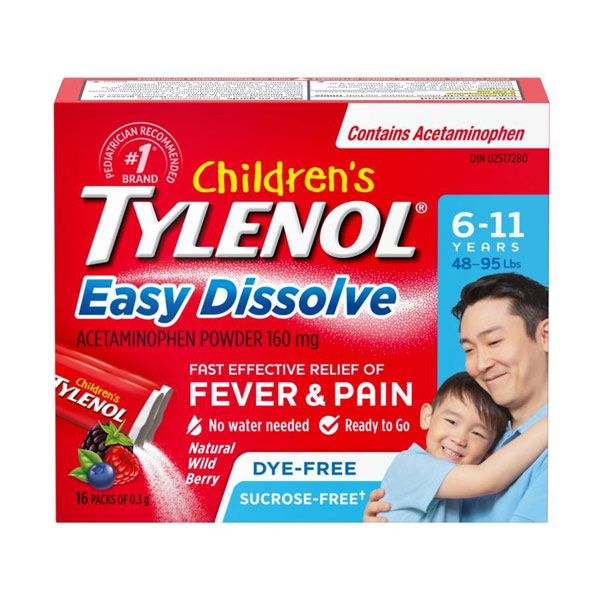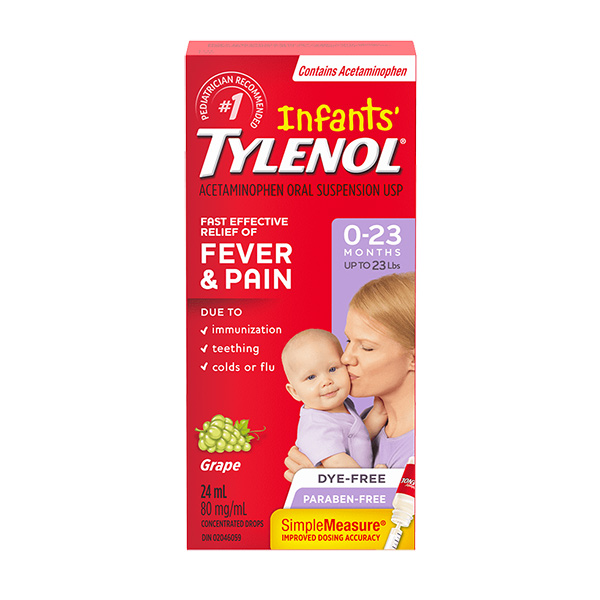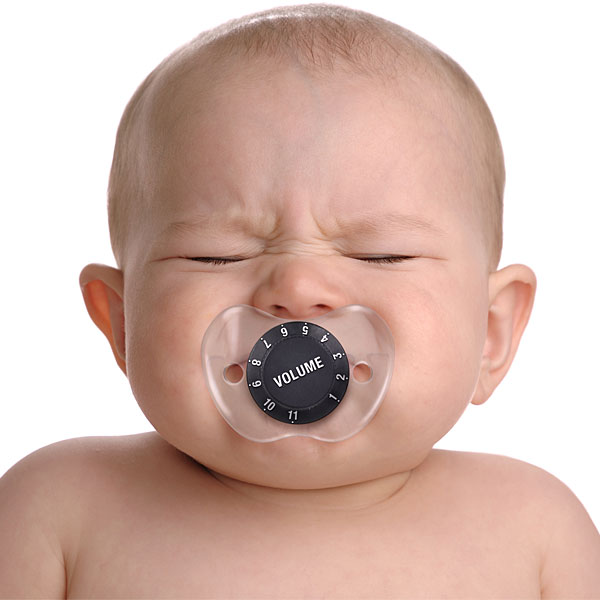When to Consider Alternating Medications for Fever
How often to alternate tylenol and motrin for toddler? Choosing when to alternate Tylenol (acetaminophen) and Motrin (ibuprofen) for a toddler’s fever requires careful consideration. Here are key conditions under which alternating these medications might be beneficial:

- Persistence of Fever: If the fever doesn’t subside after a single dose of medication and your toddler still feels uncomfortable, alternating may be considered.
- High Fever: For fevers that are significantly high and not responding to one type of medication alone, alternating can be effective.
- Poor Response to a Single Medication: If your toddler doesn’t respond well to either Tylenol or Motrin alone, discussing an alternating schedule with your doctor might be helpful.
Always consult a pediatrician before starting an alternating pattern. They can provide guidance based on the specific needs and medical history of your child.
How to Safely Alternate Tylenol and Motrin
For parents managing a toddler’s fever, alternating Tylenol (acetaminophen) with Motrin (ibuprofen) can sometimes offer relief. Remember, safety is paramount when administering multiple medications. Here is a step-by-step guide for safe alternation:
- Consult Your Pediatrician: Before beginning any alternation plan, obtain approval and instructions from your child’s doctor.
- Keep Accurate Records: Write down both the dosage and the exact time each medicine is given to prevent overdose.
- Understand Dosing Intervals: Typically, Tylenol can be administered every four hours and Motrin every six hours. Alternating them means giving a dose every three hours, with no single medication given more often than its recommended interval.
- Dose According to Weight: Medication dosages are typically based on weight, not age. Ensure you know your toddler’s current weight.
- Use Precise Measurements: Always use the dosing device provided with the medication.
- Avoid Overuse: Do not use either medication for more than 24 hours without a doctor’s supervision. If the fever persists, seek professional advice.
By following these steps, you can provide your toddler with relief from fever while minimizing the risk of overmedication. Remember to check in with your pediatrician if the fever doesn’t improve, or you have concerns about your child’s health.

Understanding Dosages and Timing for Tylenol and Motrin
When managing your toddler’s fever, knowing the correct dosages and timing for Tylenol and Motrin is crucial. The dosages of these medications largely depend upon your child’s weight. It is essential to consult with your pediatrician to get the exact dosage suitable for your toddler. Here’s what you need to keep in mind for each medication:
- Tylenol (Acetaminophen): Typically administered at a dose of 10-15 mg/kg every four hours. Do not exceed five doses in 24 hours without consulting your doctor.
- Motrin (Ibuprofen): Generally given at a dose of 10 mg/kg every six hours. Never give more than four doses in 24 hours unless advised by a healthcare provider.
If you plan to alternate between Tylenol and Motrin, the timing is every three to four hours. However, ensure that you maintain a six-hour gap for the same medicine to avoid overdose. For example, if you give Tylenol at 12 PM, you can then give Motrin at 3 PM, but Tylenol should not be given again before 6 PM, and so on.
Remember, these are guidelines and your pediatrician’s advice should always be prioritized. Incorrect dosages or timing can lead to medication overdose and other complications. Always use the measuring device that comes with the medicine for accuracy and never mix different dosing tools. Keep a detailed record of the medications given, including the time and dosage, to track the intervals properly.
Parents should also be cautious while measuring and monitoring their child’s fever and symptoms. Consult your doctor immediately if you are unsure about any steps in this process. By understanding and correctly applying these dosages and timing, you can safely manage your toddler’s fever at home.
The Risks and Precautions of Alternating Medications
When thinking about alternating Tylenol and Motrin for your toddler’s fever, be aware of the risks. It’s crucial to understand not only when this method can help, but also the potential dangers. Here is what you should consider:
- Risk of Overdose: Combining medications can lead to an overdose if not carefully monitored. Writing down each dose’s time and amount is important to avoid this.
- Incorrect Dosing: The correct dosage depends on your child’s weight, not age. Mixing up doses can be harmful.
- Timing Errors: Alternating means giving medicine more often. Mistakes in timing can result in too much medication in a short period.
- Medical Advice: Always talk to your doctor before starting an alternating schedule. They will provide the safest plan for your child.
To minimize these risks, always use the dosing device that comes with the medicine, and never mix dosing tools. Know your child’s current weight for proper dosage, and follow the six-hour rule for the same medicine. If you give Tylenol at noon, you can give Motrin at 3 PM, but not another dose of Tylenol until 6 PM. Always consult your pediatrician if you have any doubts or if the fever persists beyond one day. Keep these precautions in mind to manage your toddler’s fever safely while using Tylenol and Motrin.
When to Seek Medical Advice for Your Toddler’s Fever
Seeking medical advice for your toddler’s fever is crucial under certain circumstances. Immediate consultation with a healthcare professional is recommended if you observe any of the following:
- High Fever That Persists: If your toddler’s fever remains high despite treatment, contact your pediatrician.
- Signs of Dehydration: Watch for dry mouth, no tears when crying, or less wet diapers.
- Fever Lasts More Than 24 Hours: A fever that persists for a full day in toddlers under two years old needs medical attention.
- Severe Symptoms: If your toddler exhibits trouble breathing, persistent crying, or extreme irritability, seek help.
- Rash or Purple Spots: Any rash or purple spots that appear with a fever could signal a serious condition.
- Seizures: Febrile seizures, though often harmless, always warrant a call to the doctor.
- First-time High Fever: A first high fever in a toddler should be evaluated by a doctor.
Remember, you know your toddler best. If something seems off or you’re concerned, it’s better to call the doctor. They can provide peace of mind or crucial advice. Don’t hesitate to seek medical advice when in doubt, especially when managing fevers at home with alternating medications like Tylenol and Motrin.
Maximizing Safety: Best Practices for Administering Medications
When caring for a toddler with a fever, safety is the utmost priority. Here’s how you can ensure safety while administering Tylenol and Motrin:
- Consult with Your Pediatrician: Always begin by discussing your child’s condition with a doctor.
- Keep Track of Dosages: Note down medication names, doses, and the times you administer them.
- Use Correct Dosing Devices: Measure dosages with the devices that come with the medications.
- Follow Weight-Based Dosages: Dose medications based on your toddler’s weight, not age.
- Maintain Appropriate Intervals: Be strict with timing to avoid giving medicine too soon.
- Read Labels Carefully: Pay attention to instructions on the medication packaging.
- Watch for Reactions: Keep an eye out for any adverse reactions to the medicines.
- Seek Guidance if Unsure: If in doubt, call your doctor for further instructions.
By adhering to these best practices, you can help alleviate your toddler’s fever safely.

Key Takeaways for Parents Managing Fevers at Home
Managing your toddler’s fever with Tylenol and Motrin needs careful thought. Follow these key points to ensure safe treatment:
- Always Consult Your Pediatrician: Before starting any treatment, get approval from your child’s doctor. This step is crucial for safe medication use.
- Track Medications Precisely: Keep detailed records of medication names, dosages, and times. This helps prevent overdoses.
- Correct Dosing is Critical: Use the exact dosing device provided with the medication. This ensures accurate dosing and safety.
- Base Doses on Weight: Always calculate doses based on your toddler’s weight, not age. This method increases treatment effectiveness.
- Maintain Proper Intervals: Ensure there is enough time between doses. This is vital to avoid giving medications too close together.
- Read Labels Thoroughly: Understanding the instructions on medication packaging can prevent errors. Take your time reading these details.
- Monitor for Adverse Reactions: Watch your child for any unusual reactions. If you notice anything concerning, contact your doctor immediately.
- Ask for Help When Needed: If you’re unsure about dosages or timings, calling your doctor is the best action. They can provide the guidance you need.
By following these guidelines, you can manage your toddler’s fever more effectively and safely. Always keep communication open with your pediatrician, adhere strictly to these practices, and monitor your child’s response to the medications.
Conclusion: Balancing Effective Treatment and Safety
When treating your toddler’s fever with Tylenol (acetaminophen) and Motrin (ibuprofen), balance is key. Always start by consulting your pediatrician. They offer the safest, most effective advice tailored to your child’s needs. Keep detailed records of dosages and times for each medication given. This prevents overdose risks and ensures safety. Dosages should match your toddler’s weight, not age, so verify weight for accuracy. Maintain the recommended intervals between doses to avoid medicine overlap. Regularly check medication labels for correct dosing instructions. Watch your toddler for any unusual reactions after administering medications. If something seems off, contact your pediatrician right away. Lastly, remember that managing fever at home requires careful attention and precision. By adhering to these safety measures, you provide the best care, ensuring your child recovers safely and effectively from their fever.



